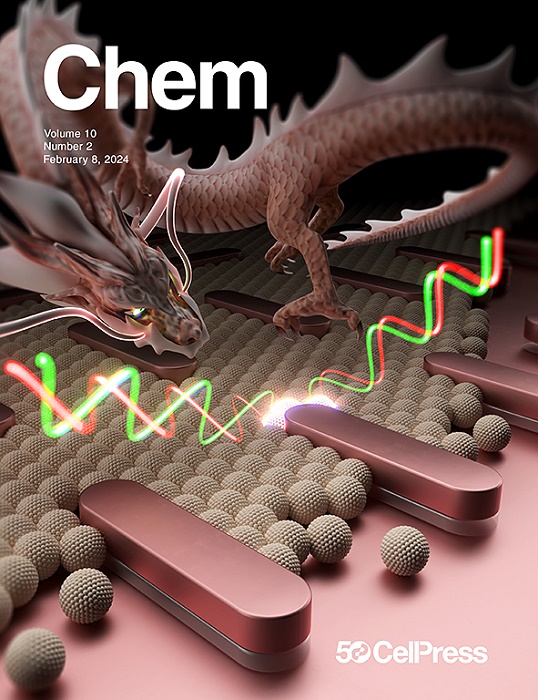无有机溶剂化结构的耐冷锌电池
IF 19.1
1区 化学
Q1 CHEMISTRY, MULTIDISCIPLINARY
引用次数: 0
摘要
有机共溶剂的加入对锌阳极的稳定是有效的,但同时也容易导致脱溶动力学缓慢。在这一期的《化学》杂志上,耿和他的同事报道了一种有机/水混合电解质,它具有无有机溶剂的初级溶剂化鞘,可以在零度以下的条件下实现容易的溶解和耐用的锌电池。本文章由计算机程序翻译,如有差异,请以英文原文为准。
Cold-resilient zinc batteries with organic-free solvation structures
Invitation of organic cosolvents into aqueous electrolytes has been widely proven effective in stabilizing zinc (Zn) anodes but easily brings about sluggish desolvation kinetics concurrently. In this issue of Chem, Geng and coworkers report an organic/aqueous hybrid electrolyte with an organic-solvent-free primary solvation sheath, achieving facile desolvation and durable Zn batteries under subzero conditions.
求助全文
通过发布文献求助,成功后即可免费获取论文全文。
去求助
来源期刊

Chem
Environmental Science-Environmental Chemistry
CiteScore
32.40
自引率
1.30%
发文量
281
期刊介绍:
Chem, affiliated with Cell as its sister journal, serves as a platform for groundbreaking research and illustrates how fundamental inquiries in chemistry and its related fields can contribute to addressing future global challenges. It was established in 2016, and is currently edited by Robert Eagling.
 求助内容:
求助内容: 应助结果提醒方式:
应助结果提醒方式:


